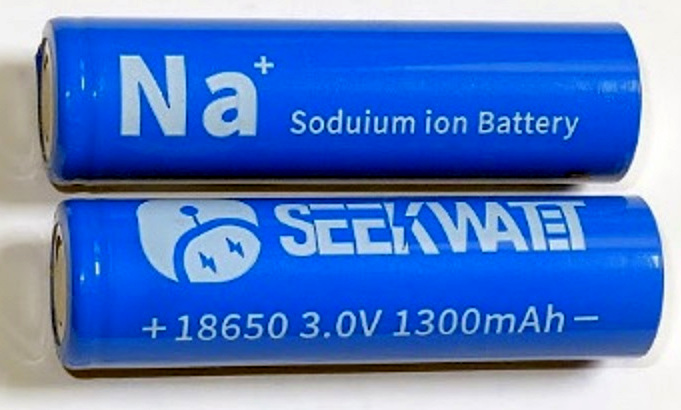Just wondering are Canon or any other companies investing in battery research to move AWAY from Lithium on to possible safer alternatives like Sodium-ion?

Sodium-ion batteries are a valid alternative to Lithium-ion batteries
A team of scientists combined their knowledge and expertise to assess the current status of the Na-ion technology from materials to cell development, offering a realistic comparison of the key performance indicators for NBs and LIBs.
www.sciencedaily.com

